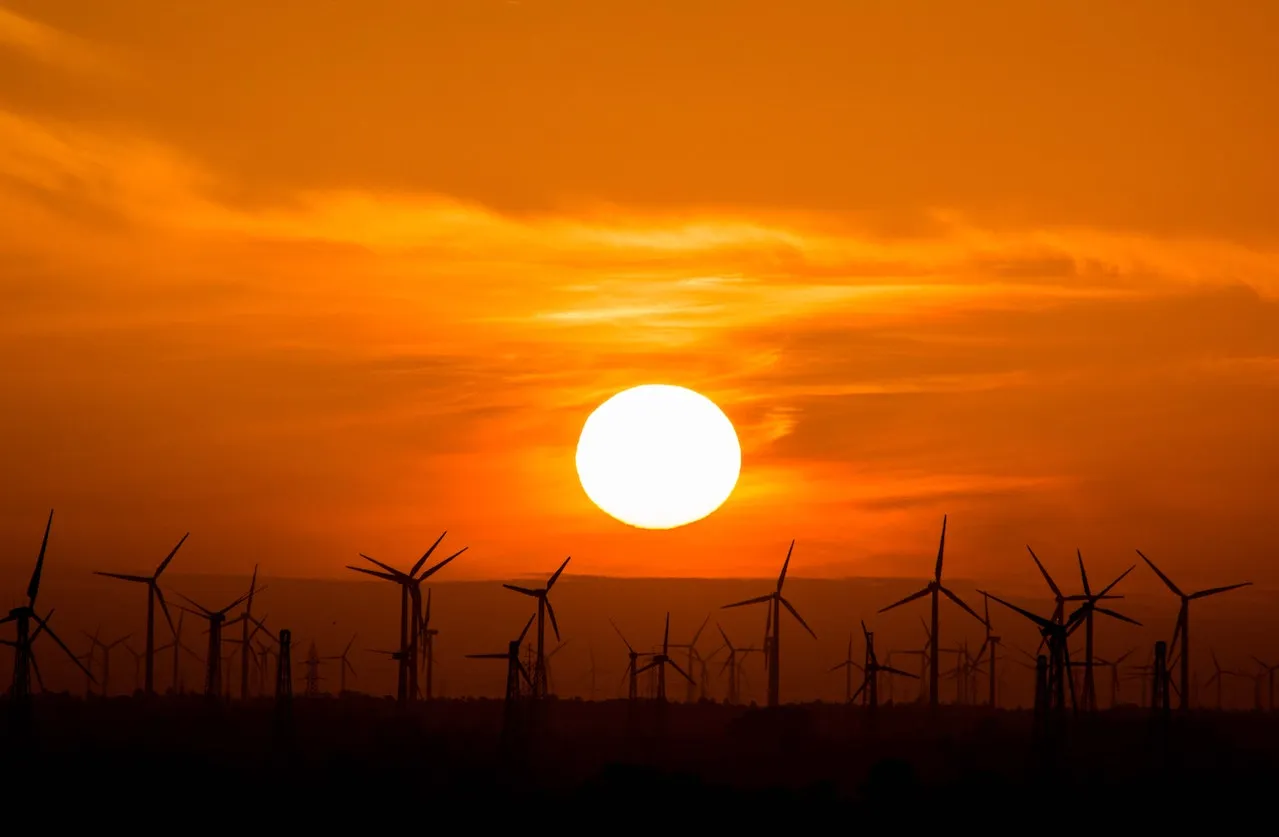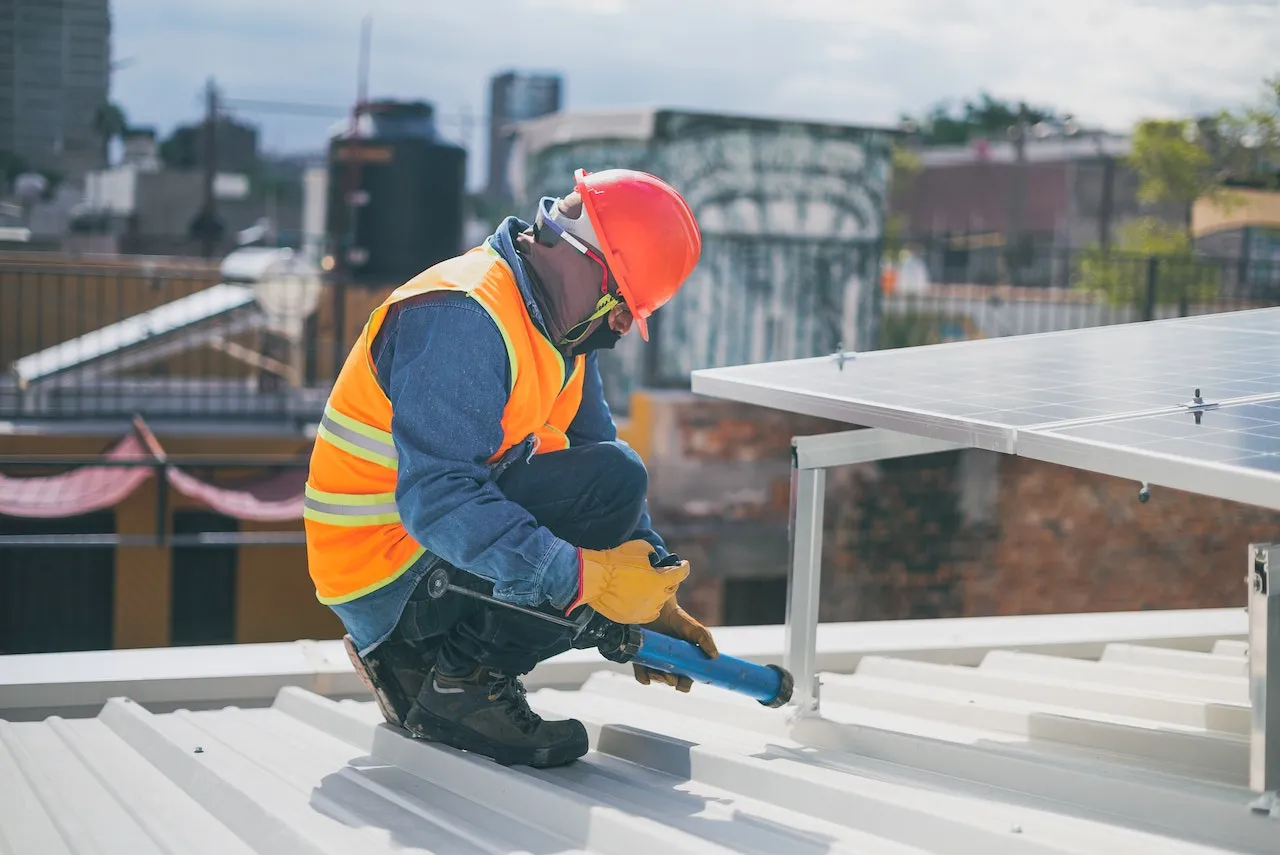The topic of renewable energy and its potential to power Africa's development is a fascinating one that has been gaining increasing attention in recent years. With the world facing a climate crisis, the need to transition to clean, renewable energy sources has never been more pressing. And Africa, with its vast potential for solar, wind, and other forms of renewable energy, is well-positioned to play a leading role in this transition.
One of the main reasons that renewable energy is so well-suited to Africa is the continent's abundance of sunlight. With much of Africa located near the equator, it receives a relatively constant level of sunlight throughout the year, making it an ideal location for solar power. In fact, the International Energy Agency estimates that Africa could generate up to 300 GW of solar power, enough to meet the continent's current electricity needs several times over.

But, let's be honest, Africa is not only about sunshine and warm weather, it's also a continent of diversity. And that's true when it comes to renewable energy as well. While solar power is certainly a key player, Africa also has a wealth of other renewable energy resources. There's wind power, for example, which can be harnessed along the continent's coastline and in certain highland areas. And then there's hydroelectric power, which can be generated from the many rivers and waterfalls that run through the continent.
Despite this potential, the reality is that Africa is still a long way from fully tapping into its renewable energy resources. Many countries on the continent still rely heavily on fossil fuels, and the power sector remains one of the largest sources of greenhouse gas emissions. But, this is not the full picture. Renewable energy projects have been developed in different countries in Africa, such as the Aswan Dam in Egypt, and a lot of new projects are in pipeline.
One reason for this is a lack of investment in renewable energy infrastructure. For example, in some countries, the power grid is still underdeveloped, making it difficult to transmit the electricity generated by renewable energy sources to where it's needed. And, in many cases, the cost of renewable energy still exceeds that of fossil fuels, making it less attractive to investors.

However, as the world becomes more aware of the need to reduce carbon emissions and tackle climate change, the situation is beginning to change. The price of renewable energy technology is dropping, and more and more investment is flowing into the sector. This is good news for Africa, as it means that the continent can begin to harness the full potential of its renewable energy resources and power its own development.
But we shouldn't only focus on the technical aspects of it, renewable energy can also have social and cultural impacts, for example, it can empower women and give them a voice in the community. Just imagine, women who were once dependent on collecting firewood can now have time to pursue other activities like education or income generation.
The transition to renewable energy in Africa is not going to be easy, but the potential benefits are huge. Not only will it help to reduce the continent's dependence on fossil fuels, but it will also create jobs, boost economic growth, and improve access to electricity for millions of people.

